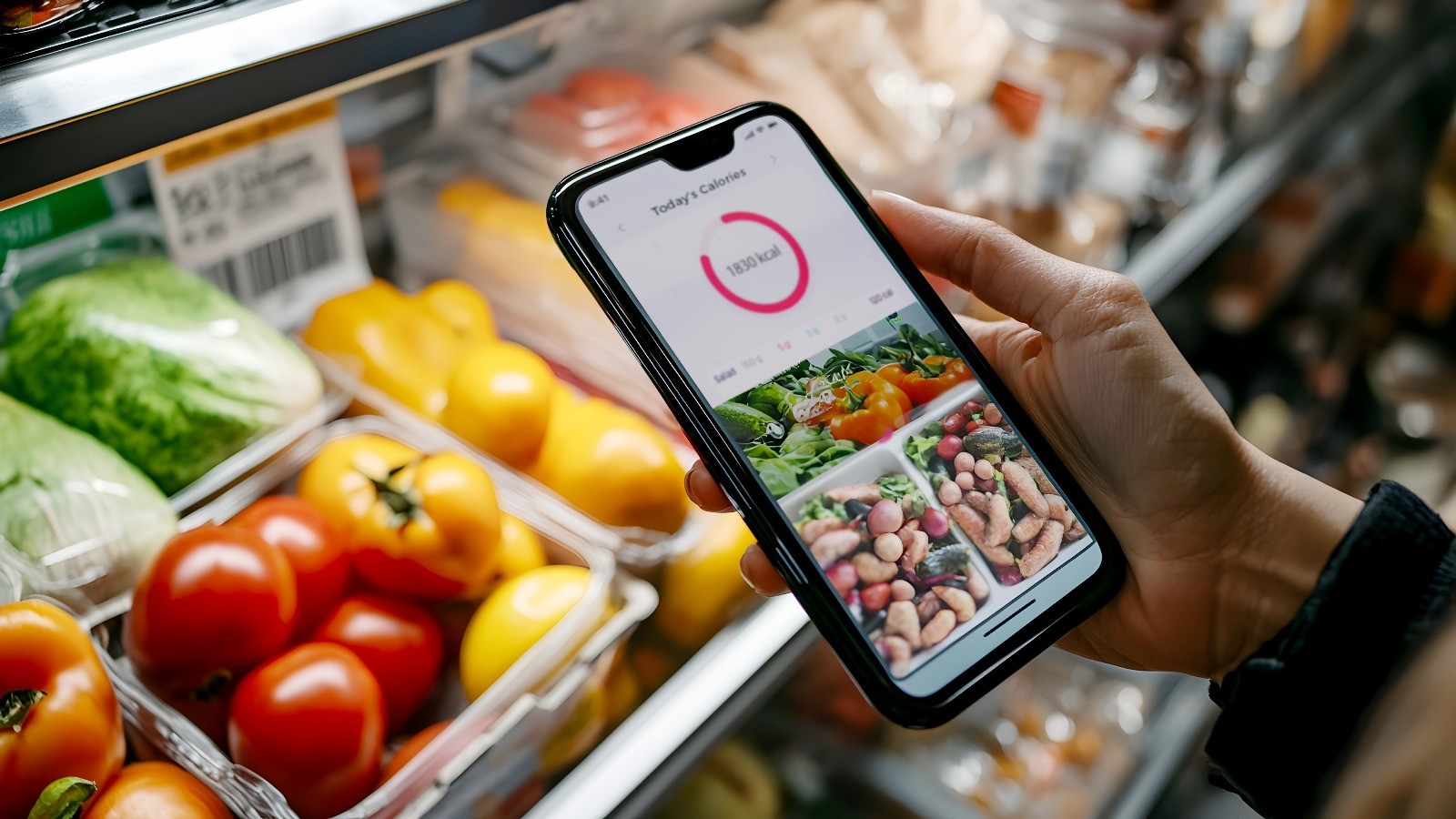Romanian consumers are increasingly price-sensitive while simultaneously raising their expectations for quality, health, and convenience. This shift presents both challenges and opportunities for manufacturers and retailers aiming to effectively engage with consumers amid changing preferences.
The 2025 edition of our survey is particularly relevant given the significant changes over the past year. Inflation concerns and geopolitical tensions are impacting consumer sentiment, making financial considerations a top priority in purchasing behavior. Despite focus on prices, Romanian consumers are becoming more discerning, actively seeking high-quality products that align with their values.
“Food companies today are navigating a highly complex structural and macroeconomic environment. At the same time, empowered consumers are becoming key agents of change. Our latest research shows that by 2035, this evolving ”How we feed” ecosystem could generate a baseline gross value added of nearly USD 10 trillion, offering unprecedented opportunities for businesses that can adapt to informed, aspirational and increasingly sustainability-focused consumer expectations.”
Daniel Anghel, Country Managing Partner PwC RomaniaLearn more about consumer preferences and food industry trends in Romania
Consumer worldview: an ongoing shift
Consumer concerns in Romania are shifting, with inflation and geopolitical conflict declining as top worries, while fears around macroeconomic volatility are rising in CEE.
“In Romania, purchasing behaviour is shaped by inflation and rising living costs, driving consumers to be more cautious, focus on essentials, and manage budgets carefully. PwC’s Voice of the Consumer 2025 report highlights the need for businesses to focus on affordability, while also responding to the rising demand for local, healthy, and convenient products.”
Ruxandra Târlescu, Tax, Legal and People Services Leader PwC RomaniaRomanian consumers, like their CEE counterparts, manage food costs by maximising the use of existing supplies, leveraging promotions and switching to private labels and/or different retailers.
Q: When you're choosing which food items to buy, which factors are most important to you? (Ranked in top three)
Sustainability: still a long way to go
Concerns over climate change among Romanian consumers have fallen from 66% in 2024 to 63%, with only a third willing to pay a premium for sustainable goods.
Q: Have you taken any of the following actions to reduce your impact on climate change with the food that you buy and eat? (This question was asked only to those who said climate change worries them)
The main motivations for consumers purchasing locally produced foods are perceptions of health benefits and higher quality, with 62% and 45% of Romanian respondents respectively citing these reasons. Retailers and manufacturers should capitalise on this trend by highlighting the health and quality attributes of local products in their marketing efforts, fostering a narrative that resonates with health-conscious consumers.
Lifestyle: a growing health and convenience focus
35% of Romanians consumers rate their general health as excellent or very good, emphasising an ongoing trend of growing health consciousness and rising affluence among consumers.
Furthermore, Romanians are slightly less progressive in health tech and GenAI adoption compared to CEE peers, with 40% using GenAI for meal planning and menu suggestions.
Manufacturers: growing product expectations
Financial benefits and taste are most likely to drive brand switching behavior. However, health benefits are on the rise and driving consumer choices – over 60% are worried about food risks of ultra-processed foods and use of pesticides in products, even more than food costs.
Q: In your opinion, how could big food/beverage companies contribute to improving the health and wellness of consumers?
54% of consumers are indifferent about brands, as rising quality and appeal of private labels highlights a significant shift on the market - private labels are becoming private brands. Grocers are developing distinctive private brands to differentiate their offering and drive growth.
Voice of the Consumer Survey 2025 - Romanian edition
Voice of the Consumer Survey 2025 - CEE edition
Contact us






